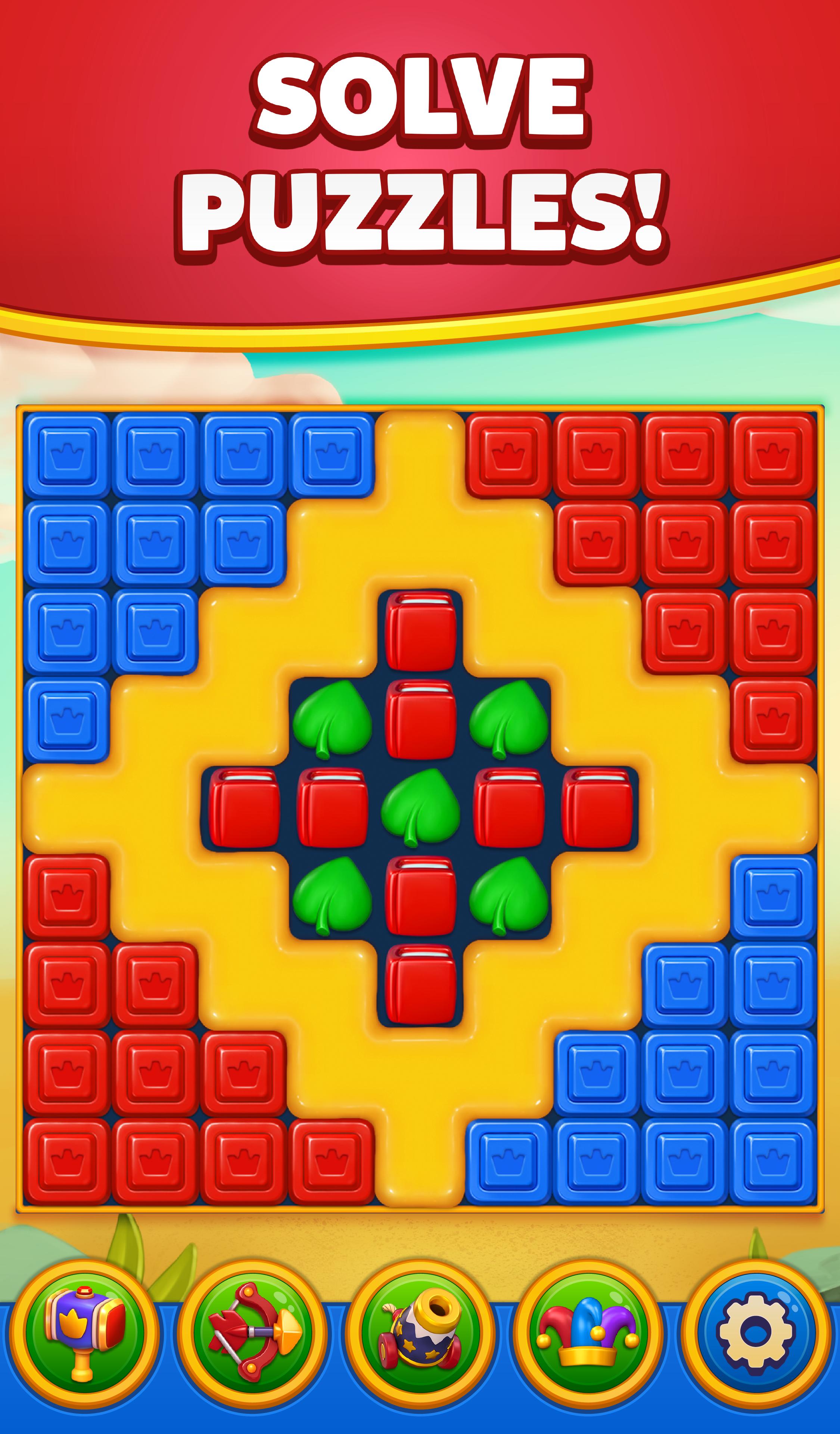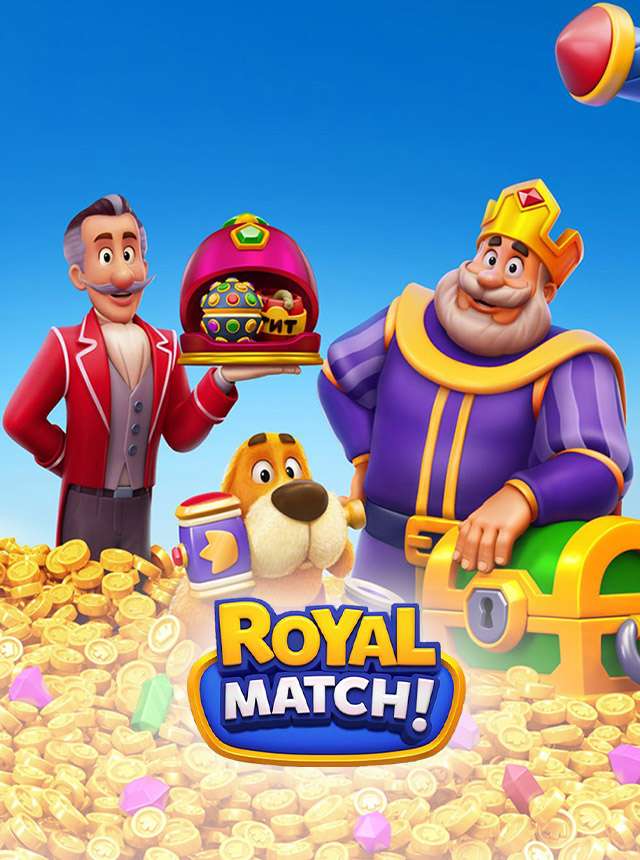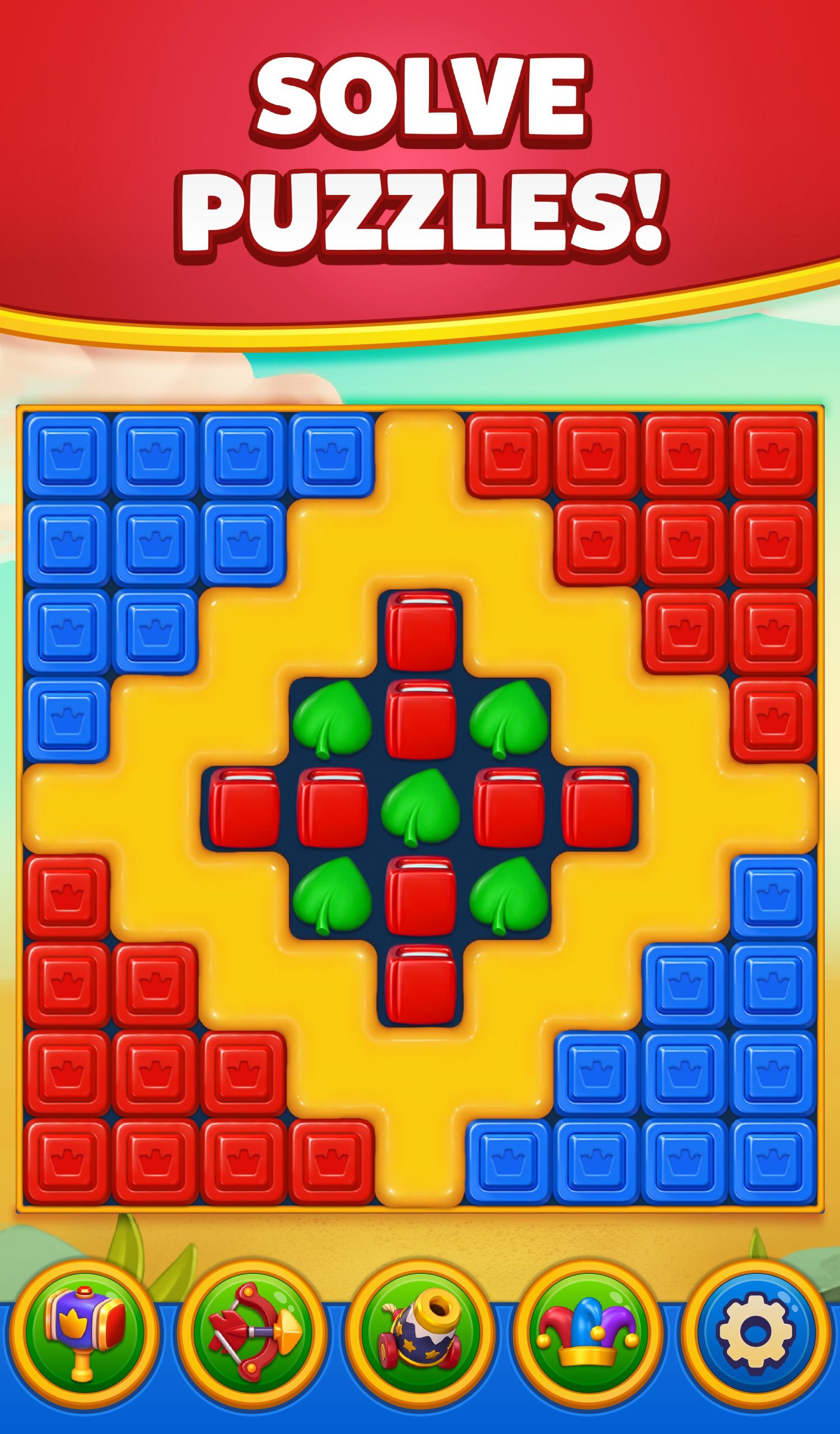The Psychology of Match-3 Games: Why Royal Match is So Addictive
Match-3 games have become incredibly popular in recent years, with titles like Candy Crush Saga and Bejeweled dominating the mobile gaming market. These games are known for their simple yet addictive gameplay, which involves matching three or more similar objects to clear them from the board. One such game that has captured the attention of millions of players worldwide is Royal Match. But why exactly are these games so addictive?
Reward System
One of the key reasons why match-3 games like Royal Match are so addictive is their use of a reward system. Every time players make a successful match, they are rewarded with points, power-ups, or other in-game rewards. This constant reinforcement keeps players engaged and encourages them to continue playing in order to earn more rewards.

Simple Gameplay
Another factor that contributes to the addictiveness of match-3 games is their simple gameplay mechanics. The rules are easy to understand, making it accessible to players of all ages and skill levels. This simplicity allows players to quickly pick up the game and start playing without the need for a lengthy tutorial or complex instructions.
Progression System
Match-3 games like Royal Match often feature a progression system that rewards players for completing levels and reaching milestones. This sense of progress gives players a feeling of accomplishment and motivates them to keep playing in order to unlock new levels, challenges, and features.
Colorful Graphics
The vibrant and colorful graphics used in match-3 games like Royal Match are also a major draw for players. The bright colors and visually appealing designs create a sense of excitement and make the game more engaging and immersive.
Social Interaction
Many match-3 games, including Royal Match, offer social features that allow players to connect with friends, compete against each other, and share their progress. This social interaction adds another layer of enjoyment to the game and encourages players to keep coming back to see how they stack up against their peers.
Brain Stimulation
Match-3 games require players to think strategically and plan their moves in advance in order to achieve the best results. This mental challenge stimulates the brain and can be both satisfying and rewarding for players who enjoy using their problem-solving skills.
Time Management
Match-3 games are designed to be played in short, bite-sized sessions, making them perfect for quick gaming breaks throughout the day. This makes it easy for players to fit in a few rounds of Royal Match during their spare moments, whether they’re waiting in line or taking a break at work.
Collectibles and Upgrades
Many match-3 games, including Royal Match, feature collectibles and upgrades that can be unlocked or purchased during gameplay. These additional elements give players a sense of progression and allow them to customize their experience to suit their preferences.

In-game Challenges
Match-3 games often include a variety of in-game challenges and objectives that players must complete in order to advance. These challenges add an extra layer of difficulty and complexity to the gameplay, keeping players engaged and motivated to overcome obstacles.
Constant Updates and Events

To keep players coming back for more, match-3 games like Royal Match frequently release updates and special events that introduce new levels, features, and rewards. These regular additions ensure that there is always something fresh and exciting for players to look forward to.
In conclusion, the addictive nature of match-3 games like Royal Match can be attributed to a combination of factors, including their reward system, simple gameplay, colorful graphics, social interaction, and brain-stimulating challenges. By understanding the psychology behind these games, developers can continue to create engaging and compelling experiences that keep players coming back for more.

